PayPal Bitcoin Scam Email: How to Protect Yourself from It
The fake email you're receiving contains a fake invoice
8 min. read
Updated on
Read our disclosure page to find out how can you help Windows Report sustain the editorial team. Read more
Key notes
- PayPal is used across the globe by millions to send/receive, or do online payments on various platforms.
- Several users have reported receiving a PayPal Bitcoin scam email that asks them to download software, includes an attachment, or makes them visit a fake website to verify the transaction.
- This guide gives you all information about the scam email and also gives you some tips that will help you report and identify fake emails.
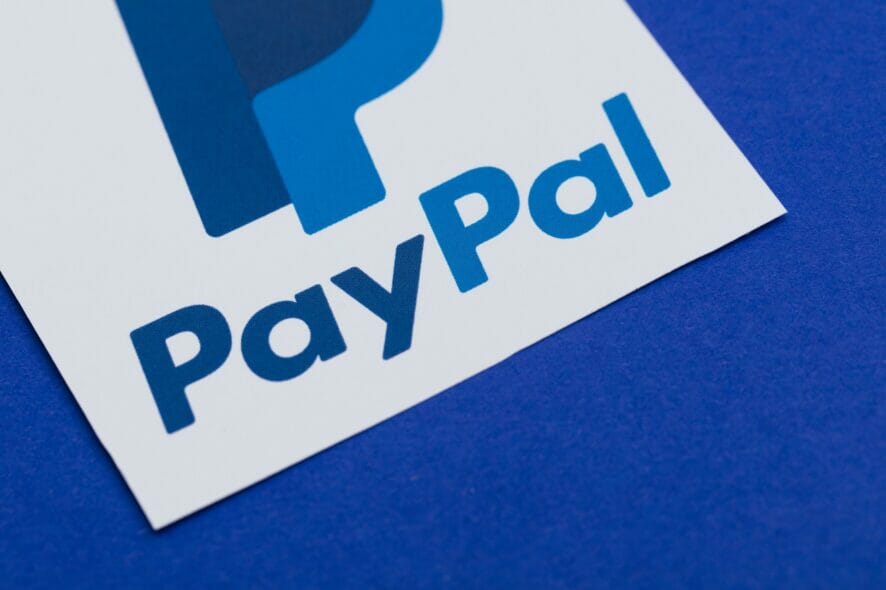
Scammers are active now more than ever, and they are trying everything they can in this digital world to lure innocent people into handling their personal information so that they can extract money from them.
Although the current state of Bitcoin is not beneficial or interesting, for scammers, it simply doesn’t matter.
You will find several user reports regarding the PayPal Bitcoin scam email on Reddit and official forums. Reportedly, people receive an email saying that they have purchased some amount of Bitcoin and the amount has been debited from their account.
Then there is an attachment or link given in the email, which the users are asked to click or open to check the details. As soon as they click on the link or download the attachment, their PC is injected with a virus and all of your personal data is locked behind a paywall.
This is just one of the many different ways scammers are trying to extract money from PayPal users. In this guide, not only will you learn about this PayPal Bitcoin scam email in-depth, but we will also give you a list of solutions that you can follow to safeguard yourself from such scams.
What is the PayPal Bitcoin scam email?
According to user reports, the PayPal Bitcoin scam email will arrive in your inbox with the subject line having an invoice number, your name, etc. Again, this is just one of the most common examples that have been reported by users. The PayPal Bitcoin scam email that you receive could be in a different format.
The fake email will contain a fake invoice, with the details of the purchase of the Bitcoin. However, do note that although the invoice generated is fake, clicking on the link or attachment might actually transfer payment from your PayPal account to theirs.
As reported by one user, here is a good example of a PayPal Bitcoin scam email:
Thank You for choosing Paypal for placing your Order BITCOIN.
Your order has been successfully placed.
The Payment will be shown soon within the next 5 to 10 hours on PAYPAL
PRODUCT INFORMATION
Memo Id: CAFV365BNA
Item Name: BITCOIN (BTC)
Order Placed Date: 28th JAN 2021
Receiving Date: Day After Place The Order.
Price: 457.25 USD
Charge Mode: PAYPAL
If you Wish to Cancel then please feel free to contact our Billing Department as soon as possible.
You can reach us on: ###########
Some users have reported that when they try to contact the number given in the fake email, the fake customer support member asks them to install software on their PCs.
As soon as you install the software on your PC, you will give access to the scammer, and all of your personal files will be locked behind a paywall, and they will start asking for money in order for you to gain back access to your files.
In the next section, you will learn how you can spot fake emails or messages.
Quick Tip:
To protect yourself against fraud and phishing, we suggest a bulletproof solution. ESET HOME Security Essential’s anti-phishing technology is all about preventing and protecting against zero-day attacks.
They were the first to uncover these phishing attacks on PayPal, thus they developed the most complete anti-phishing solution for emails.
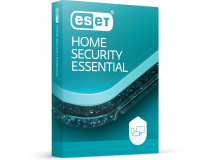
ESET HOME Security Essential
Advanced prevention and protection to keep you away from PayPal phishing attempts.How to identify fake PayPal Bitcoin email?
1. Impersonal greetings
PayPal Bitcoin scam email will always come with generic greetings. Some examples of impersonal greetings are Dear user, Hello, PayPal member, Hello, etc.
If you did not know, then you should now know that every email from PayPal will always use the full name as listed and registered in your PayPal account.
If the email you received comes with any of these impersonal greetings, then you can now understand that the email is fake and is not an official email from PayPal.
2. The email contains an attachment
While official PayPal emails can also contain an attachment, you should not open the attachment linked to an email, unless you are 100% sure that it is from a legit source.
You can go through the above steps to identify fake emails, and the below-mentioned tips will also help you detect fake emails.
3. Contains fake URL
The PayPal Bitcoin scam email that you will receive has a high probability of containing a URL inside it. The scammer will tell you that you need to click a URL to verify your account or purchase.
But before you do that, it is very important to check if the URL is redirecting your official PayPal website or not.
You can easily check it by hovering your mouse cursor over the URL and checking if the URL is redirecting you to a legit website or not.
4. Asks for sensitive info
If the email you have received asks for information such as your credit or debit card number, phone number, or any other account-related information, then this is a red flag.
PayPal will never ask its users for their personal information, let alone sensitive information as mentioned. If the email asks for sensitive information, then you need to stay away from it.
5. Grammatical mistakes
Another super easy way of identifying a fake email is by checking its grammar. Note that an official email will not only have professional greetings but will also be grammatical error free.
If you spot typos, spelling errors, or grammatical mistakes, then understand that it is a fake email, and you should simply delete or report the email spam.
How can I protect myself against the PayPal Bitcoin scam email?
1. Send the email to the PayPal team
- Forward the entire email to spoof@paypal.com.
- Do not alter anything in the email that you have received, including the subject line and the message or the attachment.
- Once you have sent the entire email to PayPal as it is, delete it from your inbox.
Phishing is an illegal way of getting sensitive information and then using it to manipulate users into giving away their money.
If you ever receive a spoof or fake email just like the PayPal Bitcoin scam email, then you can follow the steps above and send the email to the PayPal team that will track down the activity and will help you protect your account.
2. Don’t rely much on HTTPS
A hacker, by definition, will try to cover as many bases as possible.So, you shouldn’t be surprised to see the website or attachment in the email having HTTPS in it.
An HTTPS certificate doesn’t always mean that the website is legit. Anyone can create an encrypted website and spoof you into believing that it is an official website.
Do your research, and follow the tips above to detect fake emails. And if you aren’t sure about it, you should simply ignore the email.
3. Search for the URL manually
In the event that a URL is mentioned in the PayPal email that you have received, one trick of verifying if the URL mentioned is a legit one is to search for it manually.
If it says that you need to verify your account or purchase, then it is 100% that that information or notification will be available on your personal PayPal account page as well.
Type the official website by yourself, and see if there is any such information available or not.
4. Contact PayPal through the Contact page
In order to make the email look legit, scammers will also include certain phone numbers in the email, making you believe that it is PayPal’s customer care number.
But, you should never contact the number given in such emails. If you wish to contact PayPal customer support, then you can visit the official Contact page of PayPal in the Help Center or use PayPal customer care number 1-888-221-1161.
5. Run a PC scan
If you opened a link or downloaded the software attached to the fake email, then your PC is at a high risk of being attacked by scammers.
In such a case, you should immediately run a virus scan on your PC. You can also update your computer’s security software.
If you haven’t installed an antivirus on your PC, then you should definitely do it. In case you are confused, you can check out our dedicated guide that lists some of the best antivirus software for Windows PC.
6. Contact customer support
Our advice when you receive an email from PayPal and you have doubts regarding it should be to simply contact customer support.
You can connect with PayPal customer support via phone, email, or message and tell them about the email that you have received.
Customer care will help you by letting you know if there was any transaction done on your account as mentioned in the email or not. You can also ask active community members for a resolution.
Well, that’s it from our side in this guide. We have tried to give you all information regarding the PayPal Bitcoin scam email that several users have reported.
Following the tips mentioned in this guide, we hope that you will now be able to identify a fake email and protect your personal information from scammers.
Let us know in the comments below if this guide helped you in any way, and also do let us know if you have ever received a fake PayPal email or not.
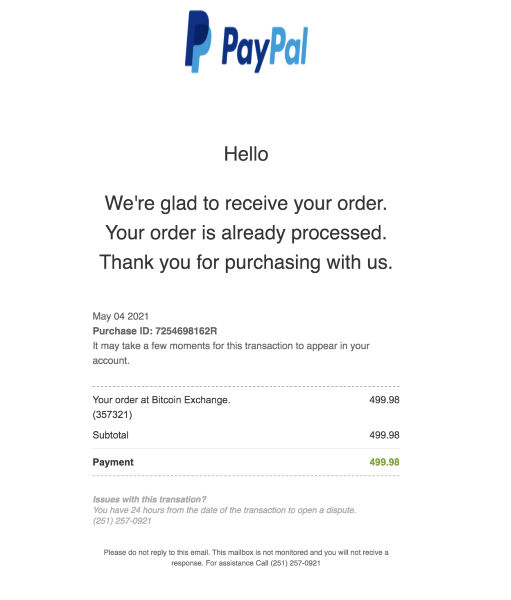
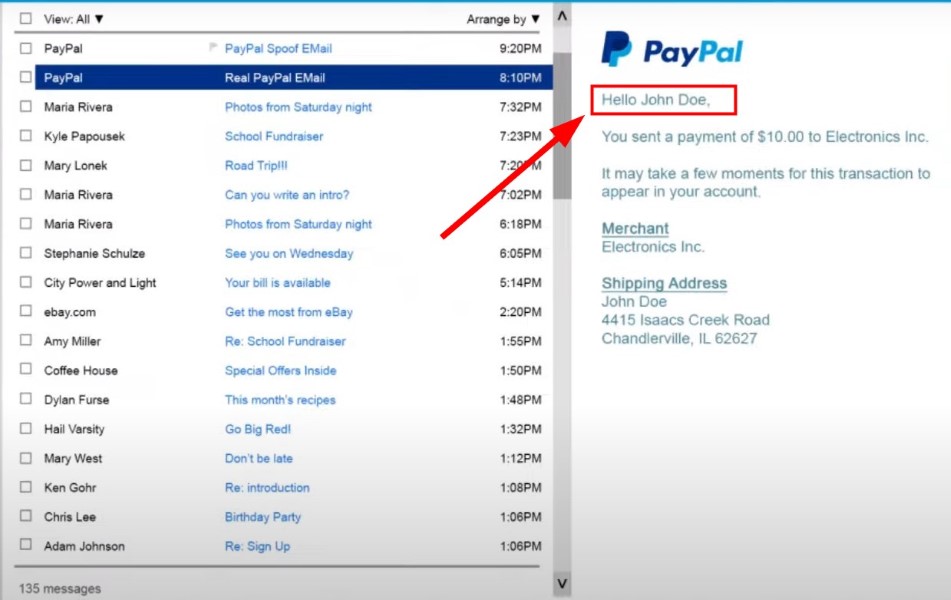
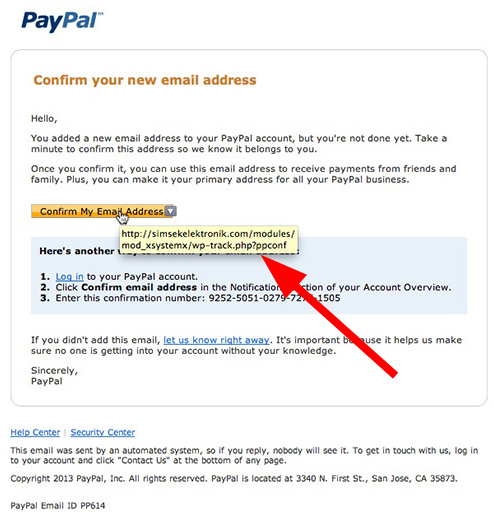
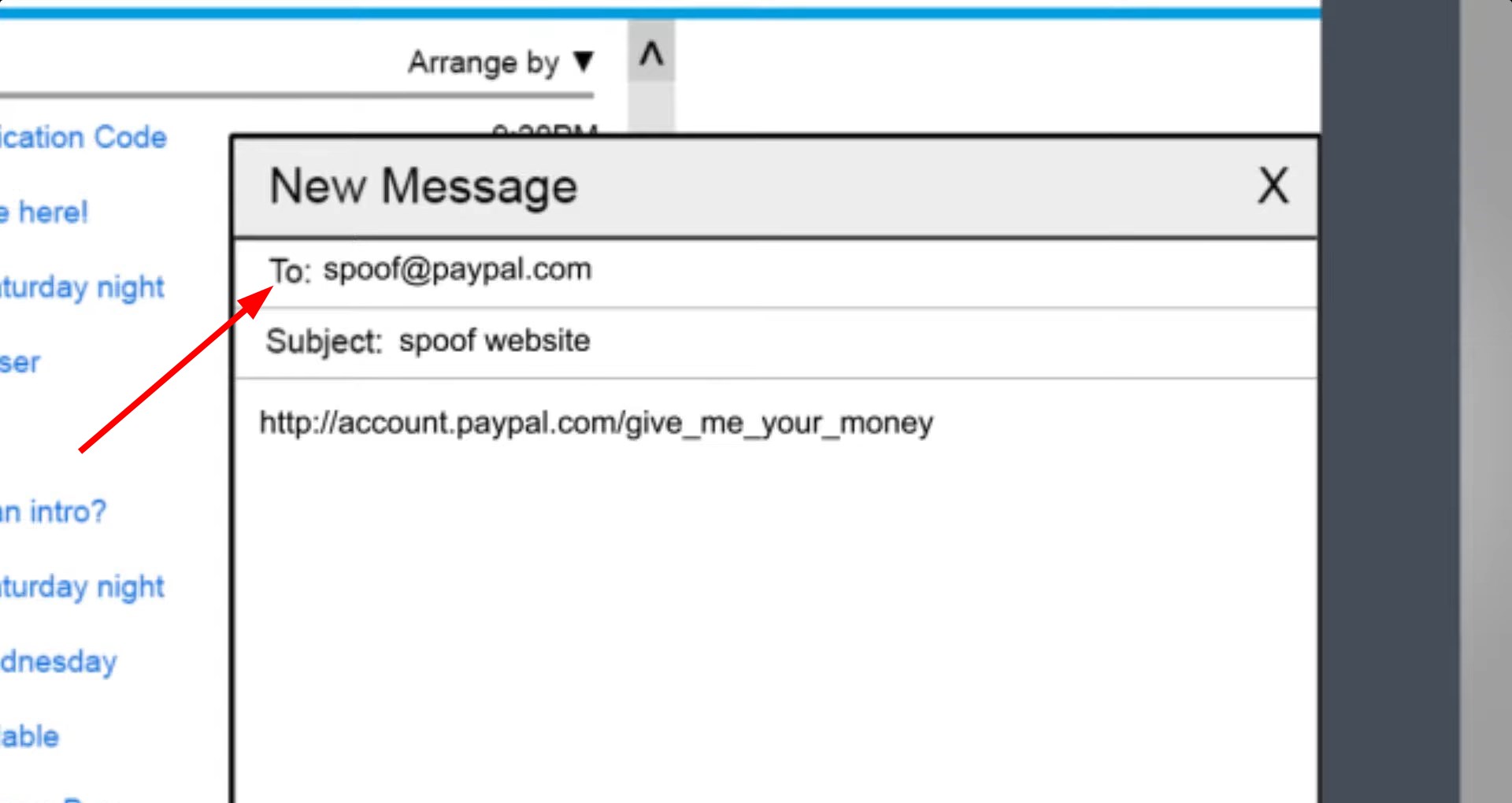
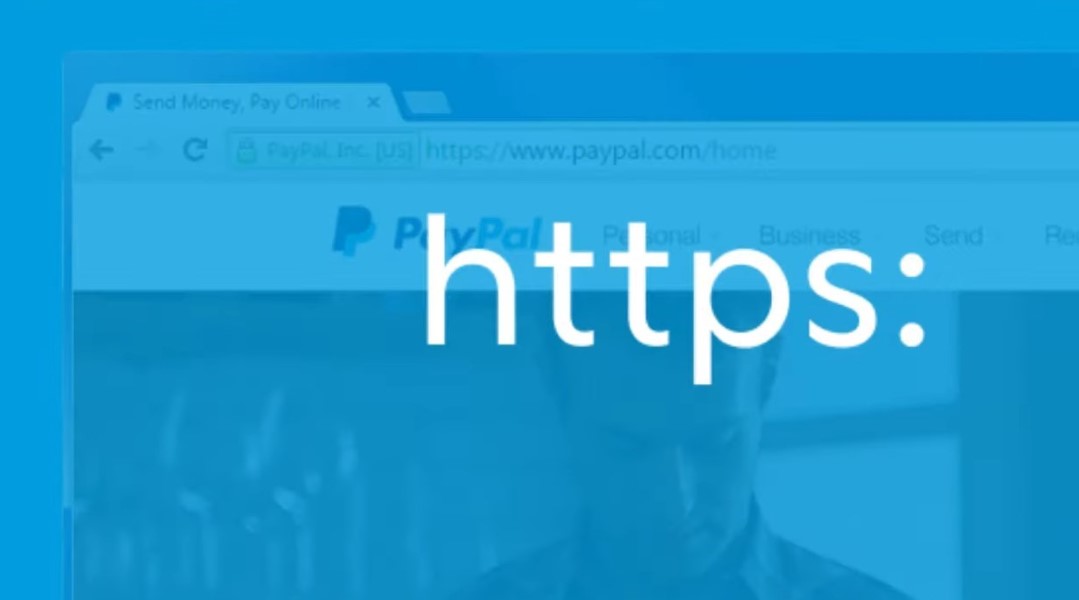
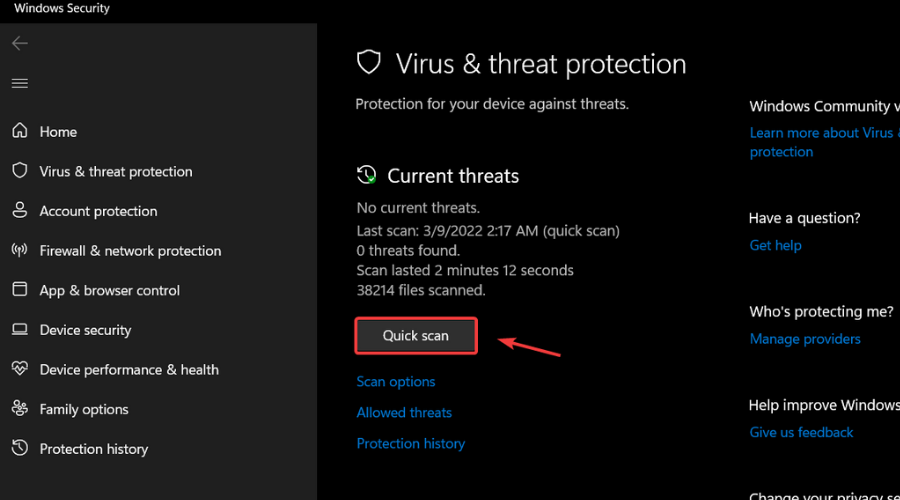
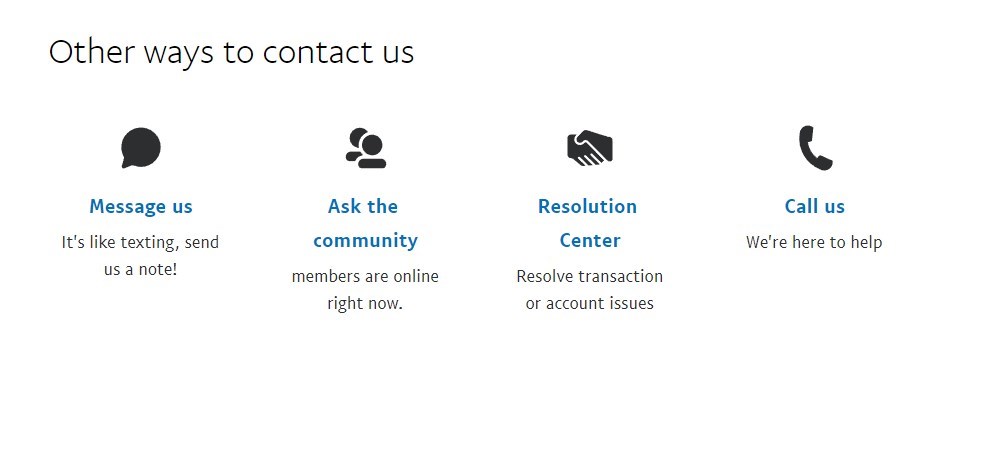
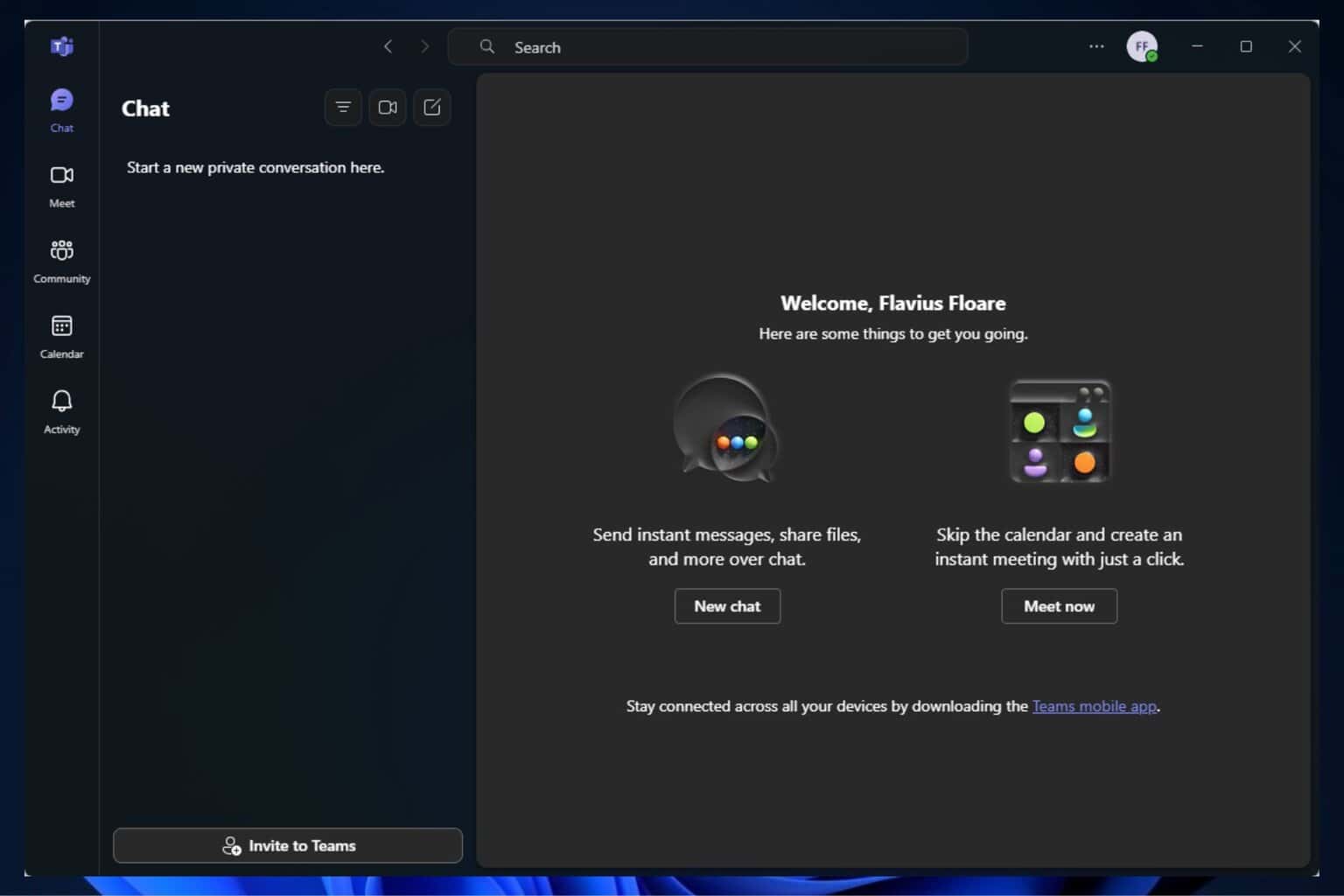

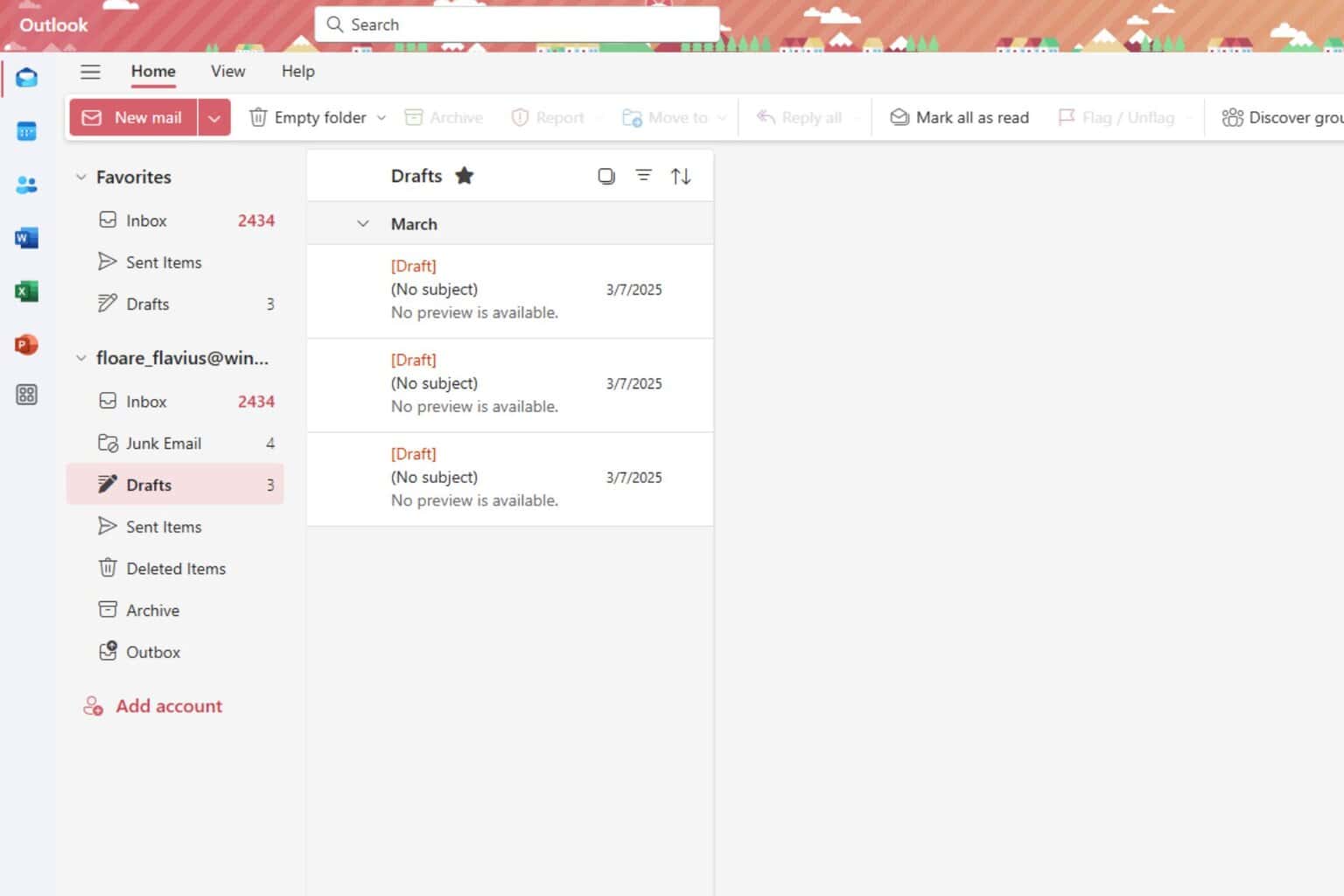
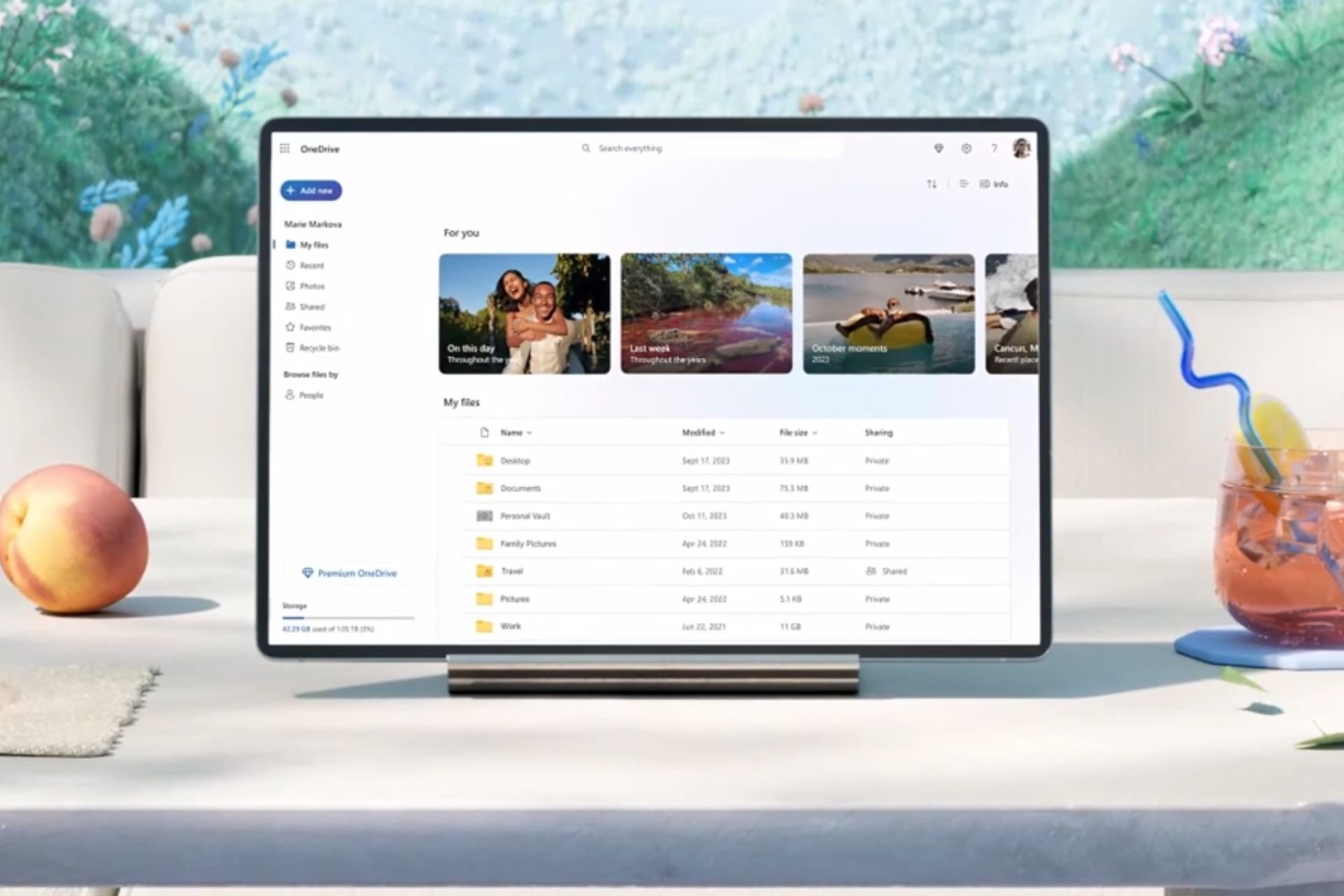

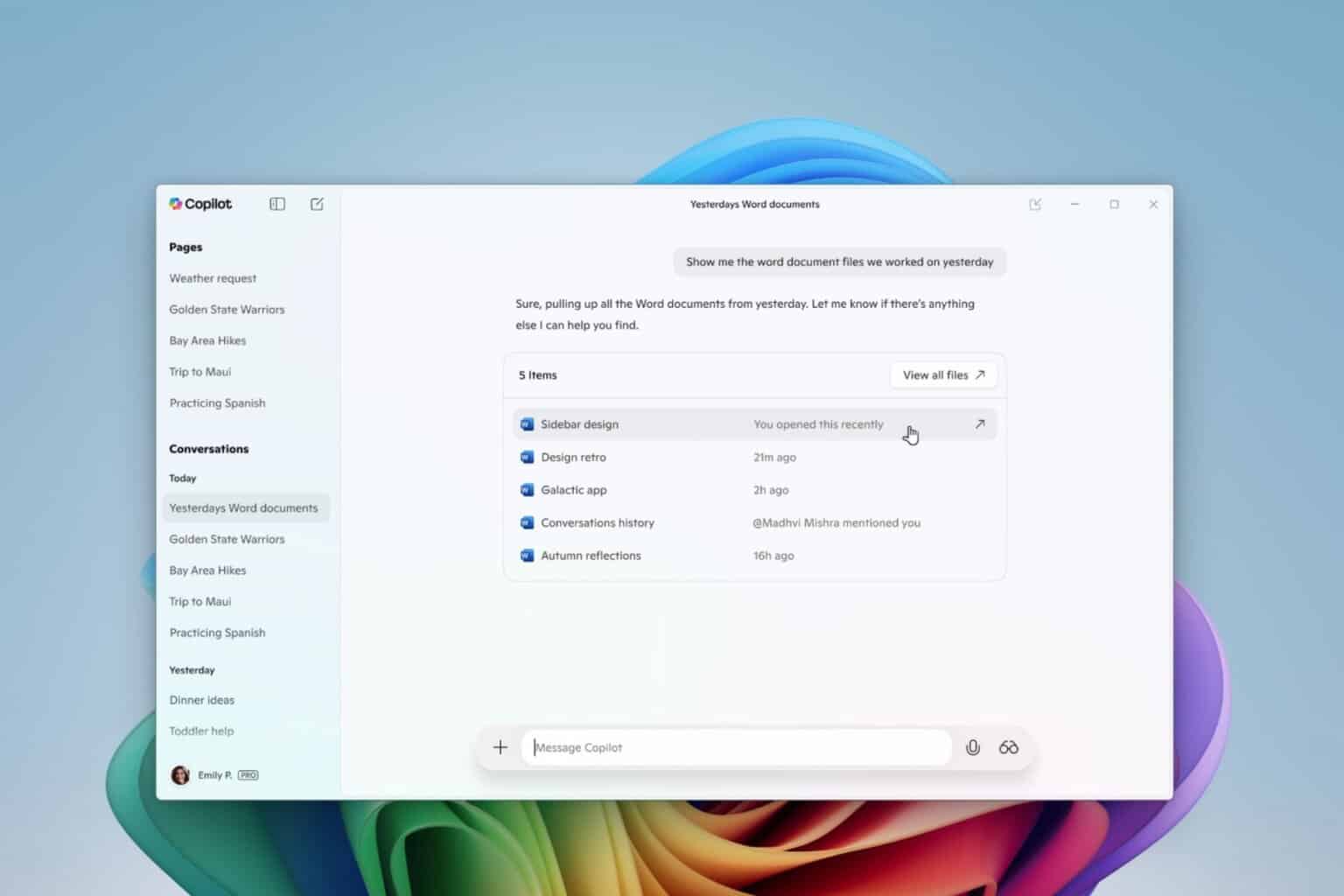
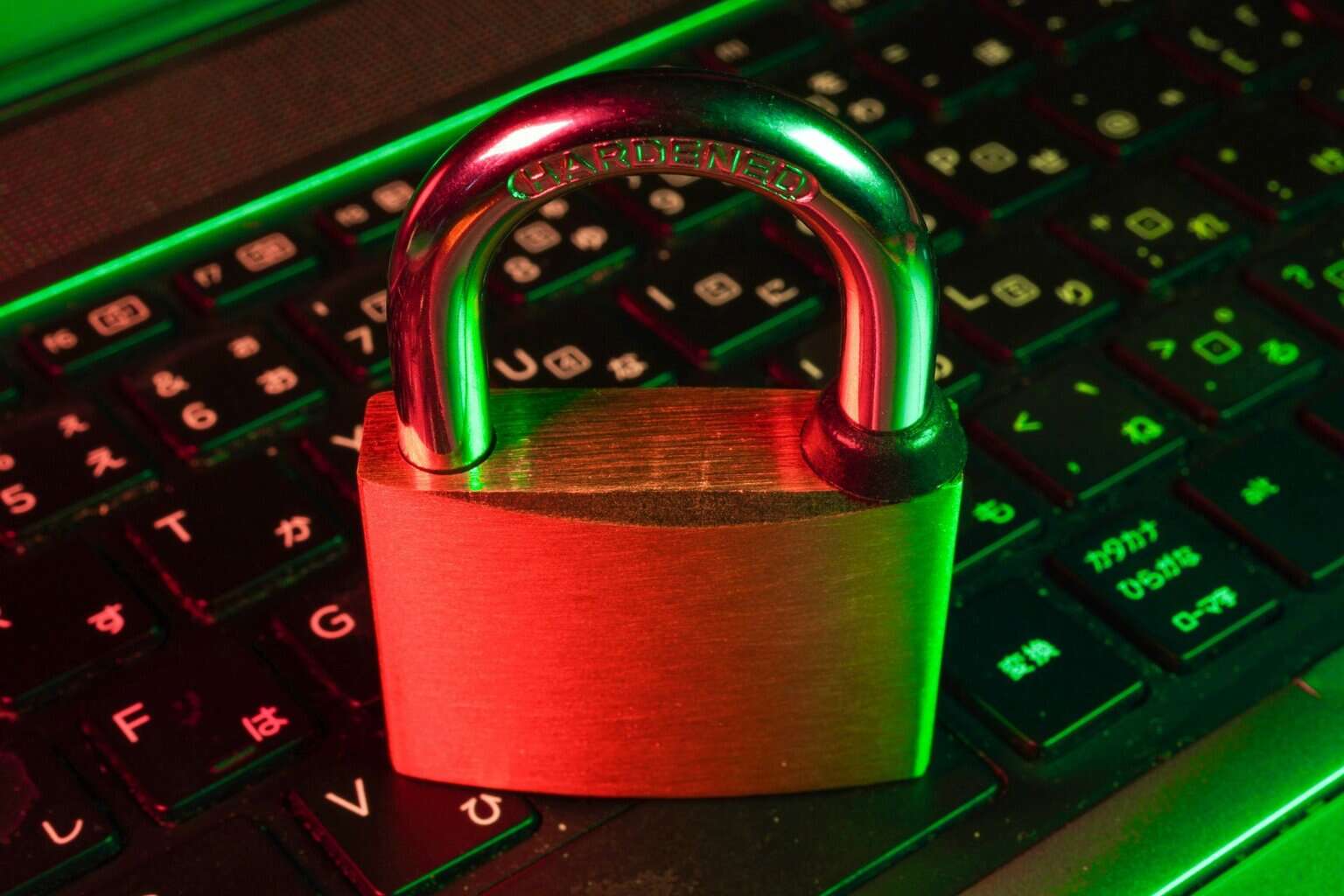
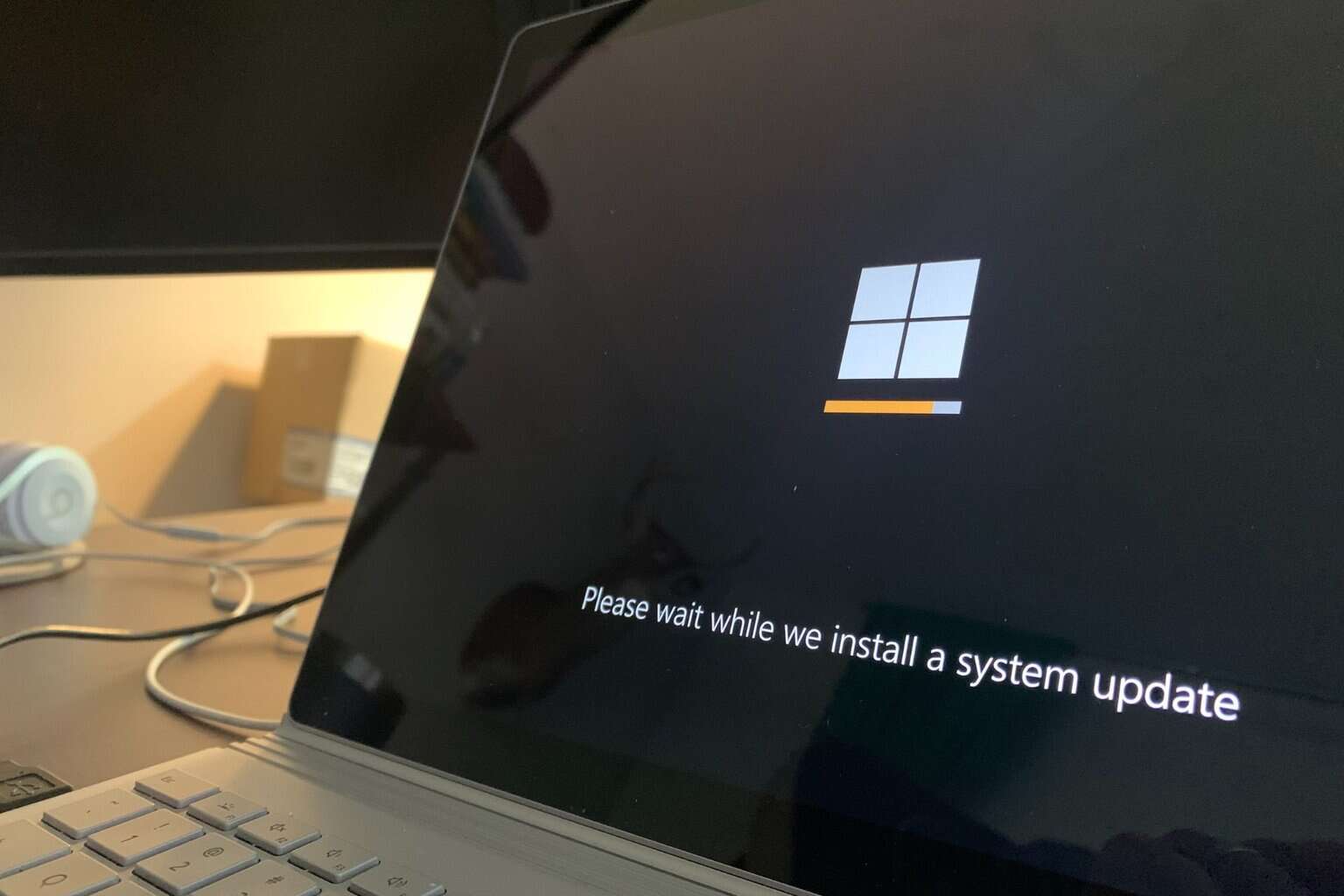
User forum
0 messages